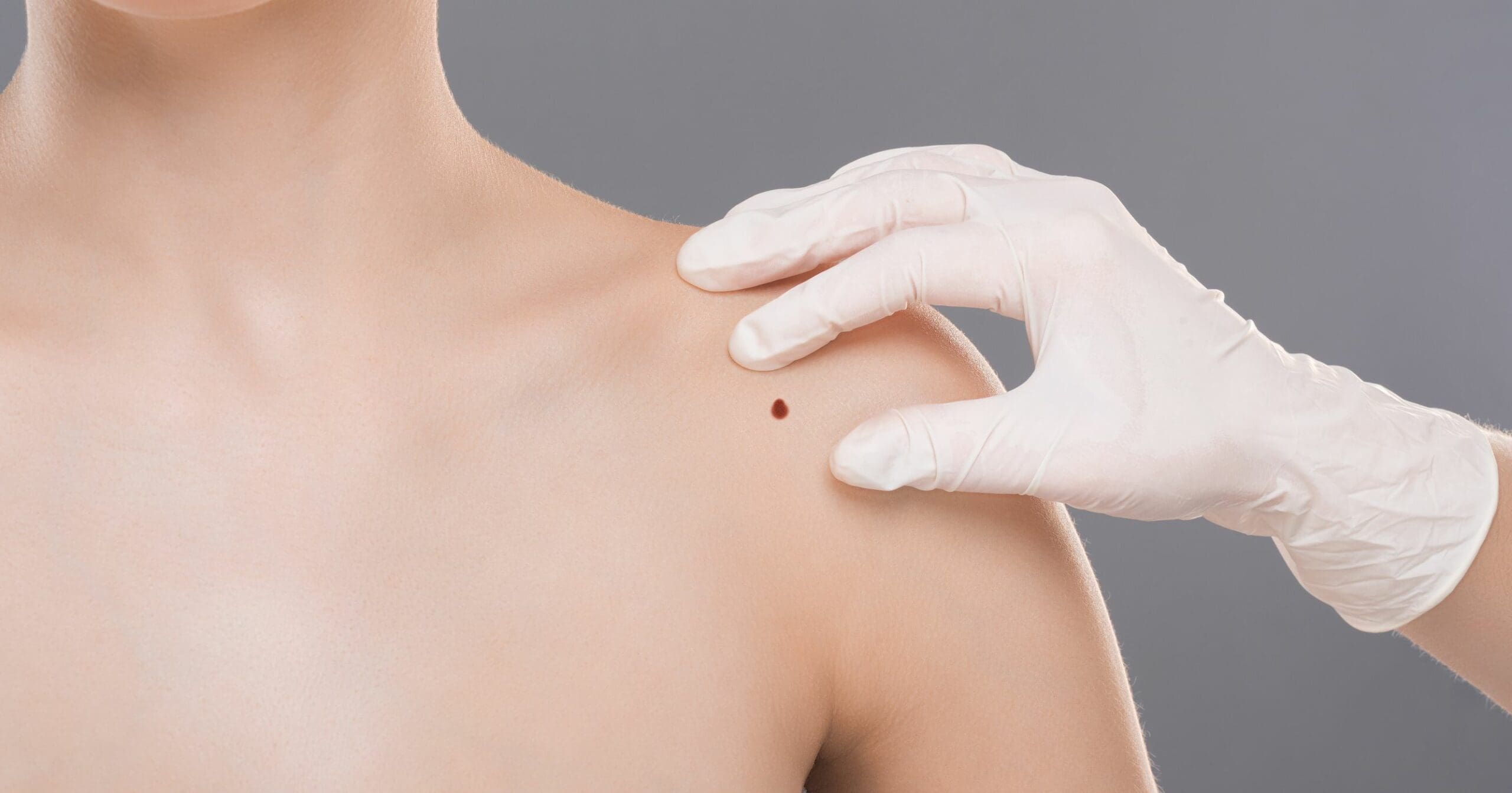Computer software has advanced in leaps and bounds when it comes to detecting melanoma, but it’s not always better than a skin specialist.
Big data has given rise to powerful artificial intelligence and machine learning tools, not least in the area of skin cancer. You may have seen stories about the possibility of a robot doing your skin test, perhaps outcompeting a human doctor’s ability to detect harmful lesions.
If a computer system was given access to vast swathes of data – like photographs of moles, and information on which ended up being melanoma and which weren’t – it could rapidly teach itself to determine whether a particular mole is likely to be harmful or not.
Systems that detect melanoma, based on these machine learning processes, are now being used around the world, but will dermatologists be out of a job any time soon?
A recent review of the evidence has looked at that question. Scientists brought together 70 studies which investigated the accuracy of computer-based diagnosis of melanoma.
They were looking for the outcomes the computers achieved, including the number of ‘true positives’ – which is when the computer said something was a melanoma and got it right. In medicine, this is known as sensitivity. They also looked at how often the computer correctly marked something as harmless – which is known in medicine as specificity.
After crunching the numbers on the 70 studies, the study authors found that the overall sensitivity of the computer melanoma detection systems was 74 per cent – it correctly identified something as melanoma three quarters of the time.
And its specificity was even better, correctly marking something as safe 84 per cent of the time. That’s comparable to what a dermatologist can do.
Implications
Compared to experts, computers do about as well at detecting melanomas. But the authors of the study caution against adopting computers into the clinic without caution.
They say that because computers are often trained on images and data that isn’t related to the population of people they’ll actually be diagnosing, there can be inaccuracies in detection.
But melanoma detection computer systems do provide an aid to the work of skin doctors, and may be especially useful in areas where accessing a dermatologist is difficult.

